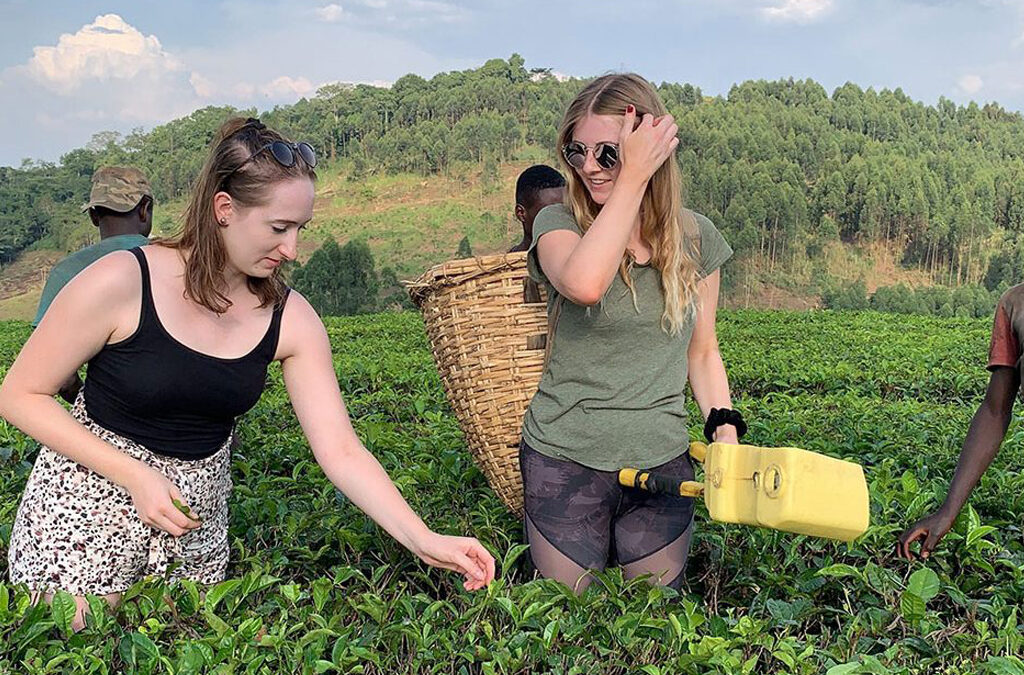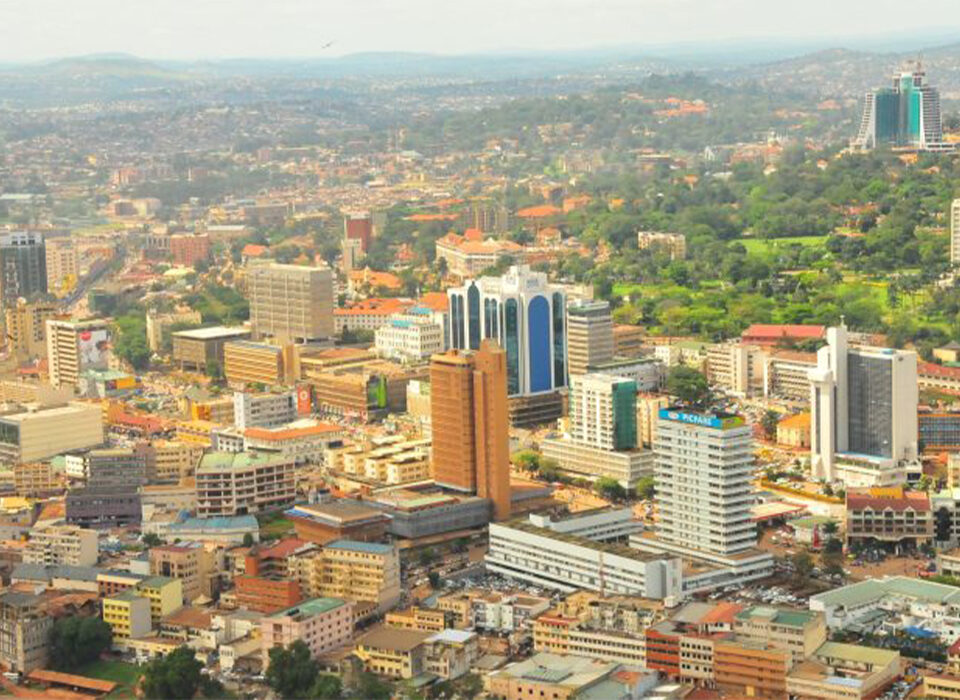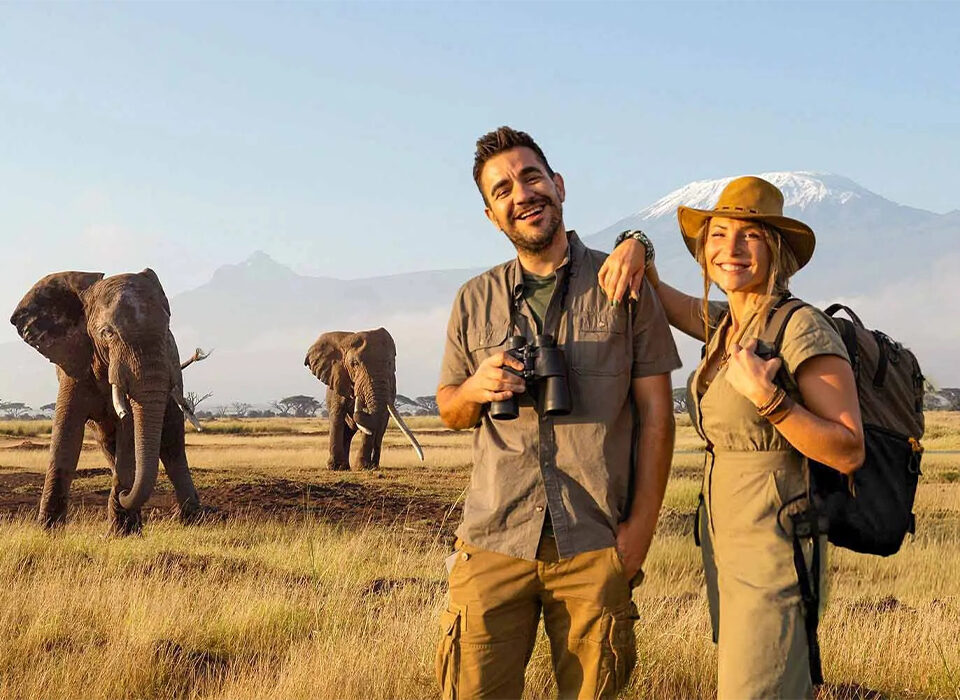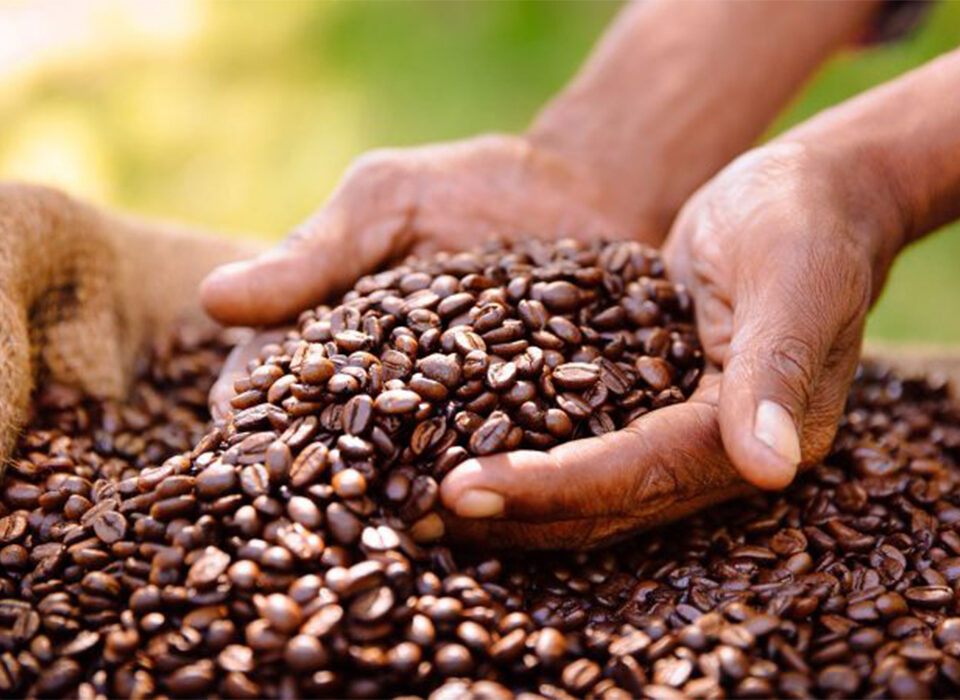
Budget Safari Kigali Night in Rwanda
August 20, 2025
Local Cooking Classes You Can Join in Rwanda
August 21, 2025Tea Plantation Tours in Uganda

Tea Plantation Tours in Uganda
Uganda, fondly known as the “Pearl of Africa,” is admired worldwide for its breathtaking landscapes, rich wildlife, and warm, welcoming people. While most travelers associate Uganda with gorilla trekking and classic safari adventures, the country holds another treasure waiting to be discovered its lush tea plantations. These estates provide more than just tea; they offer a blend of scenic beauty, cultural immersion, and a deep appreciation for Uganda’s agricultural heritage. For tea lovers, cultural explorers, and nature enthusiasts, a tea plantation tour in Uganda is an unforgettable journey.
The Charm of Uganda’s Tea Plantations
Spread across rolling hills and fertile valleys, Uganda’s tea plantations flourish thanks to nutrient-rich soils, reliable rainfall, and a favorable tropical climate. Beyond producing some of East Africa’s finest teas, these estates welcome visitors with guided tours, tasting sessions, and cultural interactions. Each plantation tells its own story, offering a unique way to experience both the land and the communities that nurture it.
Highlights of Uganda’s Tea Plantations
Igara Tea Estate – Bushenyi District
One of the country’s most renowned plantations, Igara Tea Estate is set against panoramic views of the Rwenzori Mountains. Visitors witness every stage of production from the careful plucking of young leaves to processing and packaging.
The highlight of Igara is its tea-tasting sessions, where guests sample a variety of blends, each with a unique flavor profile shaped by the region’s climate and fertile soils. Igara also champions sustainable farming practices, ensuring that both the land and ecosystems remain preserved for generations.

Kasese Tea Estates – Rwenzori Foothills
Framed by the dramatic backdrop of the Rwenzori Mountains, the Kasese Tea Estates are among the most picturesque in Uganda. Lush gardens stretch across the hills, offering visitors stunning views and the soothing sounds of birdsong.
Close to Queen Elizabeth National Park, this estate allows travelers to combine agricultural and wildlife adventures. Guided tours dive into the challenges of tea farming while showcasing the resilience and skill of local farmers.
Rwenzori Tea Estate
Perched high in the mountains, Rwenzori Tea Estate specializes in premium black and green teas. Its high-altitude, misty climate gives the leaves a delicate, aromatic flavor prized in international markets. Visitors can walk through the manicured gardens, observe eco-friendly farming methods, and learn how fresh green leaves are transformed into world-class tea.
Mpanga Tea Growers – Kabarole District
Blending traditional farming with modern techniques, Mpanga Tea Estate produces a smooth, aromatic tea that delights connoisseurs and casual drinkers alike. Tours highlight the estate’s commitment to sustainability from water conservation and organic farming to energy-efficient production methods. This balance between tradition and innovation makes Mpanga a standout experience.

Rubanda Tea Estate – Kigezi Highlands
Set in the cool, misty Kigezi Highlands, Rubanda Tea Estate is known for its scenic terraced gardens. Here, visitors witness the entire tea-making journey, followed by intimate tasting sessions. The fertile volcanic soils produce teas with a distinct, refreshing character. Beyond tea, Rubanda showcases how smallholder farming sustains rural communities, giving travelers a glimpse into everyday life in the highlands.
Kigezi Highlands – Kabale, Kisoro & Rubanda
Rather than one large estate, the Kigezi Highlands are dotted with family-run plantations and smallholder gardens. Visitors can hike through lush hillsides, meet farming families, and learn about generational tea traditions. The region also offers excellent birdwatching, nature walks, and cultural exchanges, making it ideal for travelers seeking a more immersive, off-the-beaten-path tea experience.
Ankole Tea Estate – Bushenyi District
Thriving in volcanic soils and a cool climate, Ankole Tea Estate offers both large-scale and smallholder farming perspectives. Visitors gain a comprehensive view of Uganda’s tea culture, while opportunities to interact with farmers make the experience more personal and enriching.
Other Noteworthy Estates
- Kakira (near Jinja): A showcase of large-scale commercial tea production.
- Rubirizi (Western Uganda): Known for the social and economic impact of tea farming on local communities.
- Gaharo (Southwestern Uganda): Offers authentic interactions with local tea workers and insights into traditional farming practices.
Experiences on Ugandan Tea Safaris
Guided Plantation Tours
Led by knowledgeable guides, these tours unravel the history, cultural importance, and economic role of tea in Uganda. Visitors follow the journey of tea leaves from the field to the factory gaining a deep appreciation for the artistry behind each cup.
Tea Tasting Sessions
A favorite for many, tasting sessions allow travelers to sample a wide variety of teas, from robust black brews to aromatic greens and soothing herbal infusions. Guides explain how soil, altitude, and climate shape flavors, helping visitors develop a more refined palate.
Community Engagement
Many estates open doors to the surrounding communities. Meeting farmers, learning about their daily lives, and hearing stories of resilience foster a meaningful cultural exchange. These moments of connection also support ethical, community-based tourism.
Nature Walks & Scenic Drives
Tea plantations are often set in areas of breathtaking natural beauty. Visitors can enjoy gentle walks among rolling hills, take in panoramic viewpoints, or capture striking photos of green fields stretching endlessly into the horizon.
The Best Time to Visit
The most ideal times for tea plantation tours are during Uganda’s dry seasons—June to September and December to February. These months provide pleasant weather, easier access to estates, and the perfect backdrop for scenic exploration.
Conclusion
Uganda’s tea plantations are more than just fields of green they are living landscapes that blend nature, culture, and tradition. From the terraced slopes of the Kigezi Highlands to the vast estates in Bushenyi and Kasese, each visit is a chance to learn, taste, and connect. Whether you’re a passionate tea drinker, a cultural traveler, or a lover of scenic landscapes, exploring Uganda’s tea regions offers an enriching experience that truly captures the essence of the “Pearl of Africa.
Popular Tour Packages
- 2 Days Bwindi Gorilla Trek
- 2 Days Golden Monkey Trekking in Rwanda
- 3 Days Rwanda Gorilla Tour and Golden Monkeys
- 3 Days Lake Bunyonyi and Gorilla Trekking
- 3 Days Masai Mara National Reserve Safari
- 4 Days Queen Elizabeth Safari
- 5 Days Murchison Falls Safari
- 5 Days Uganda Primates Safari
- 6 Days in Kibale, Bwindi and Murchison Falls



